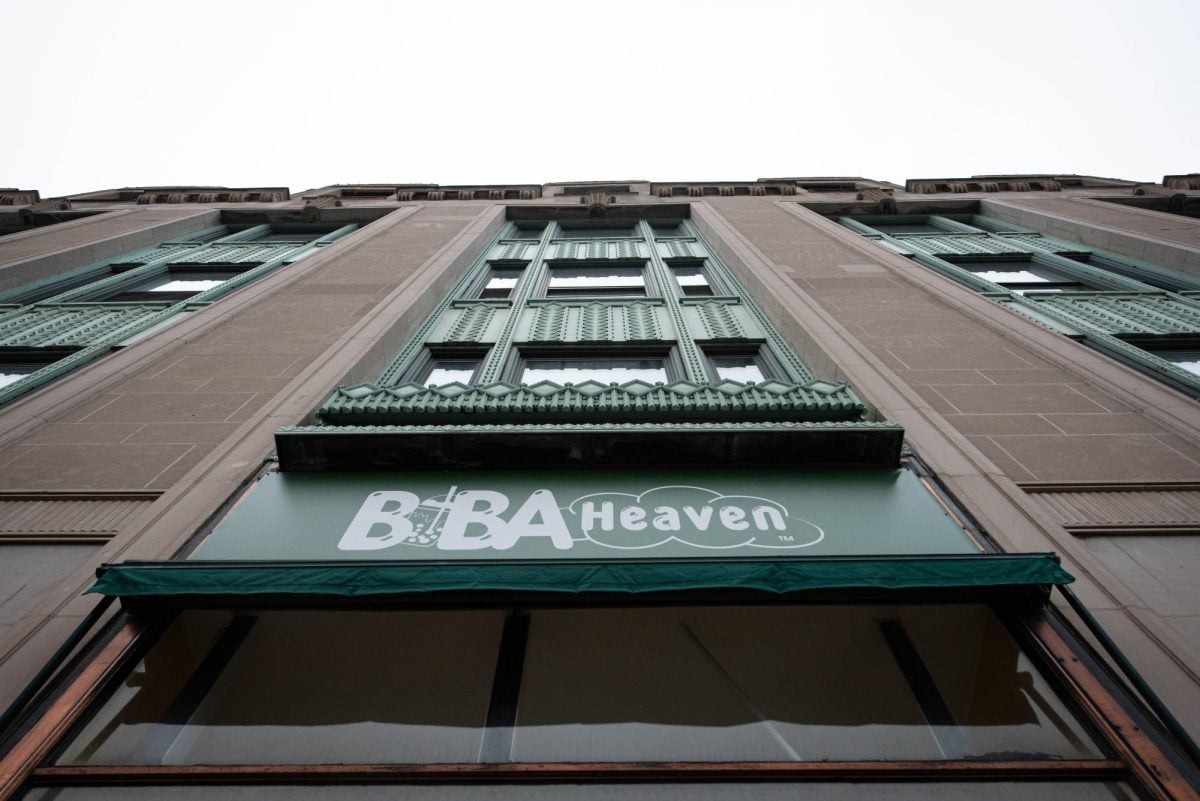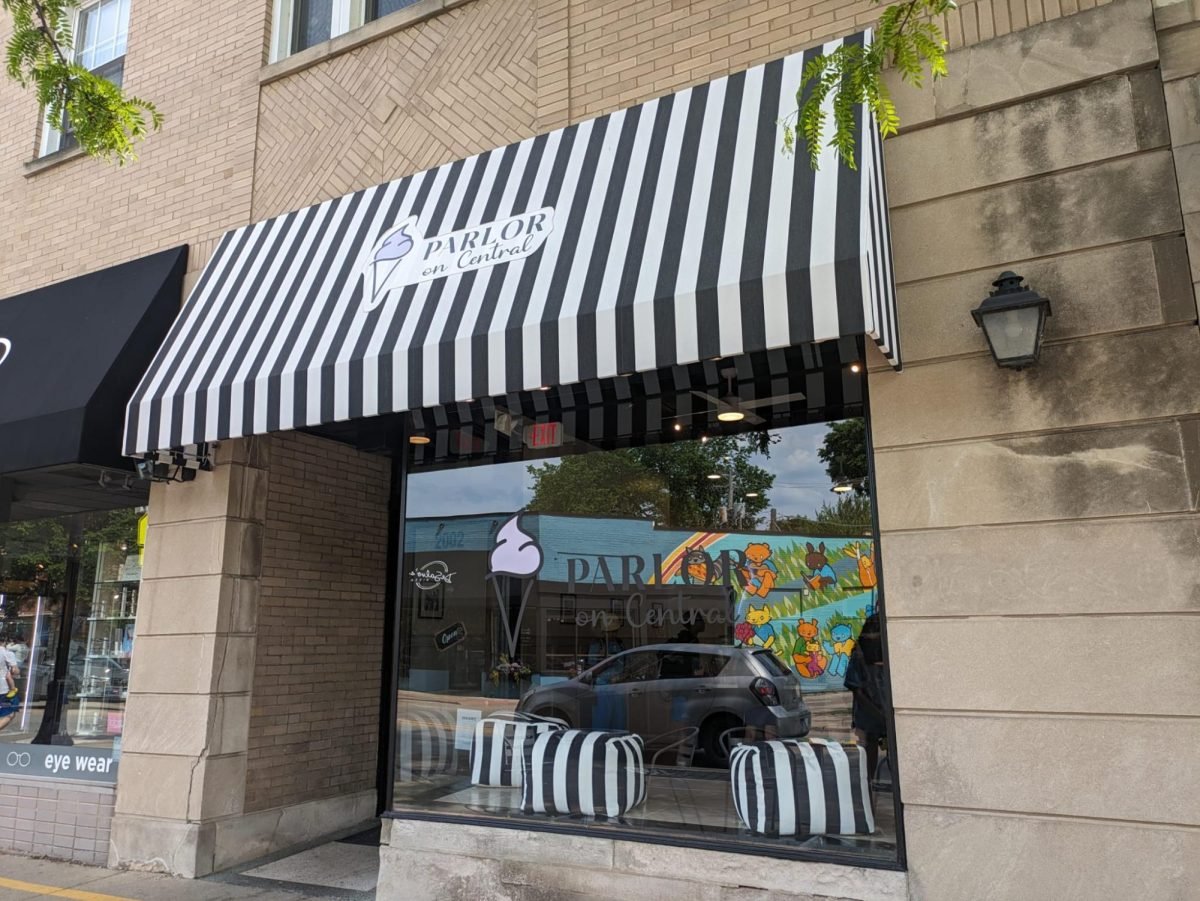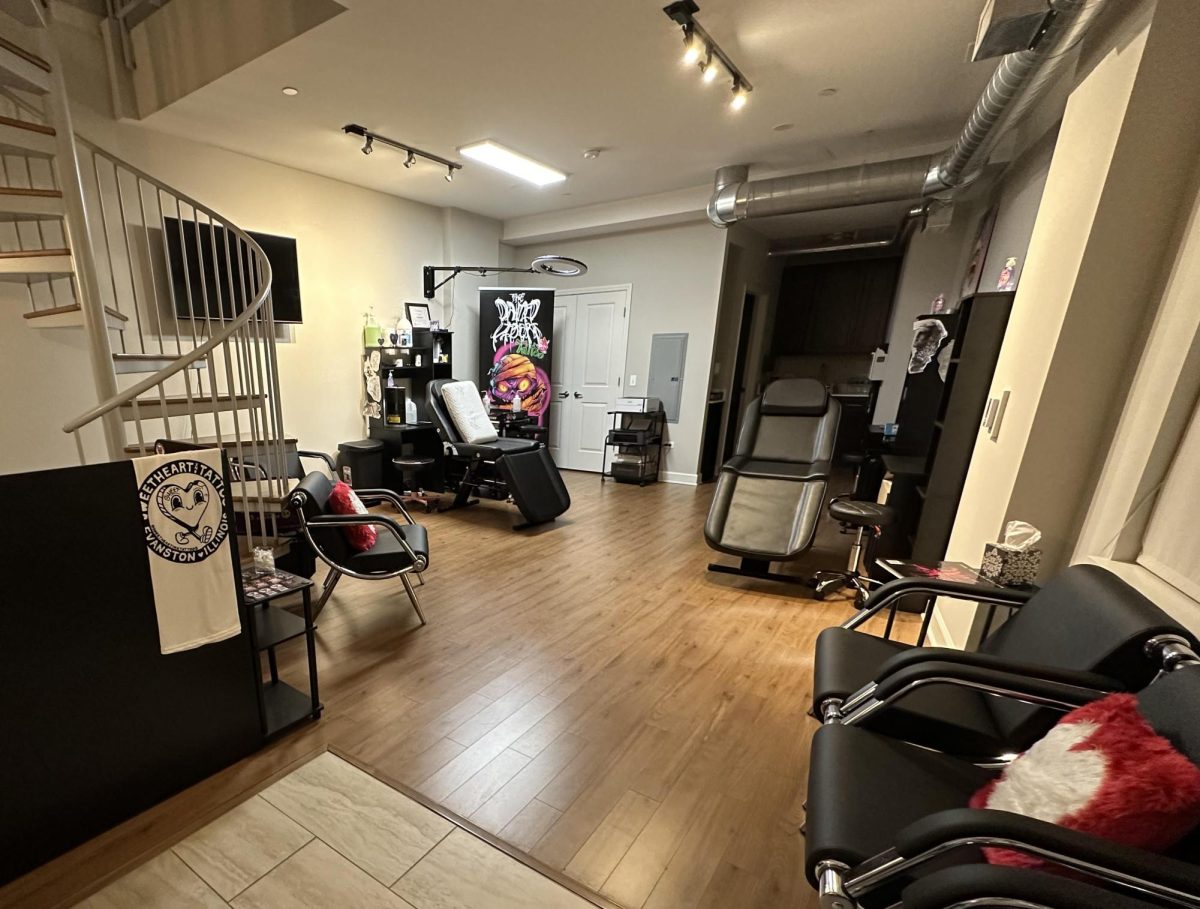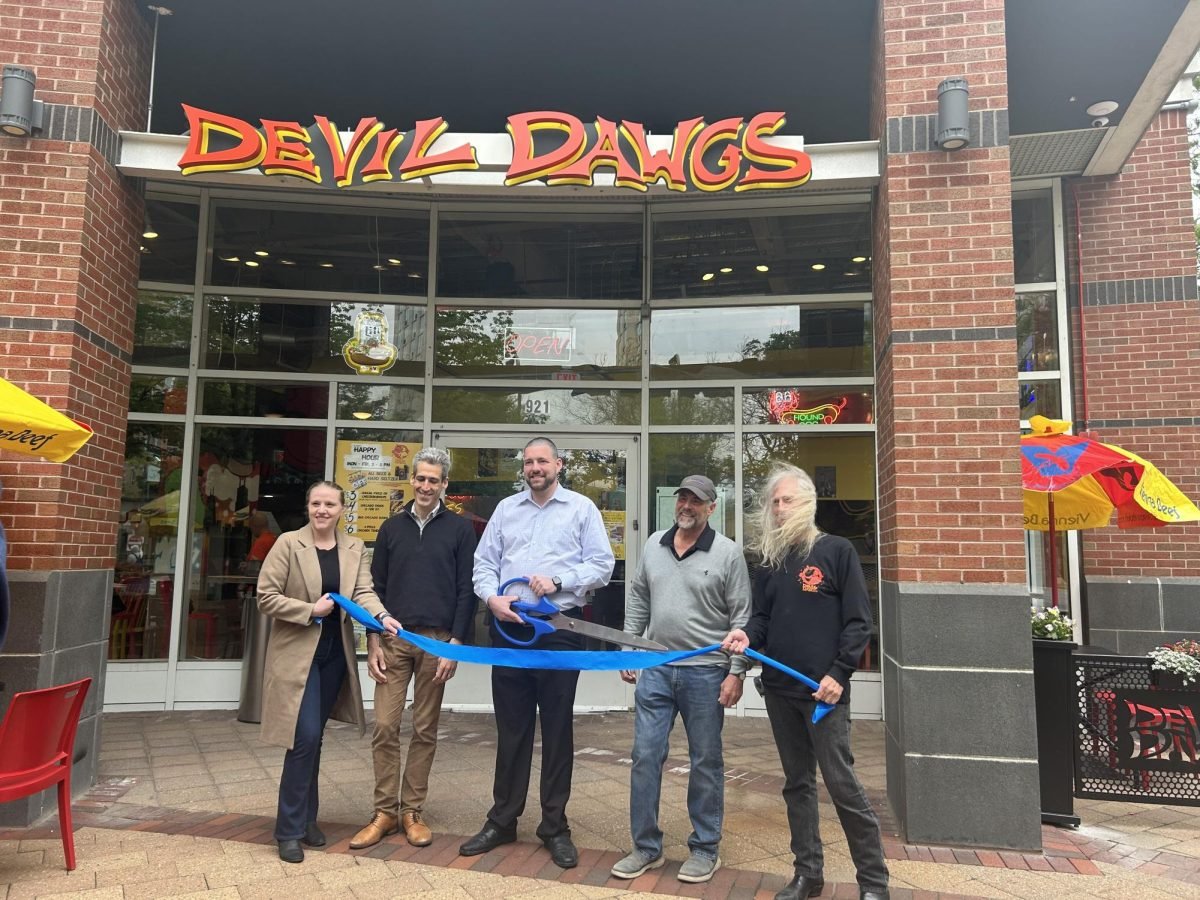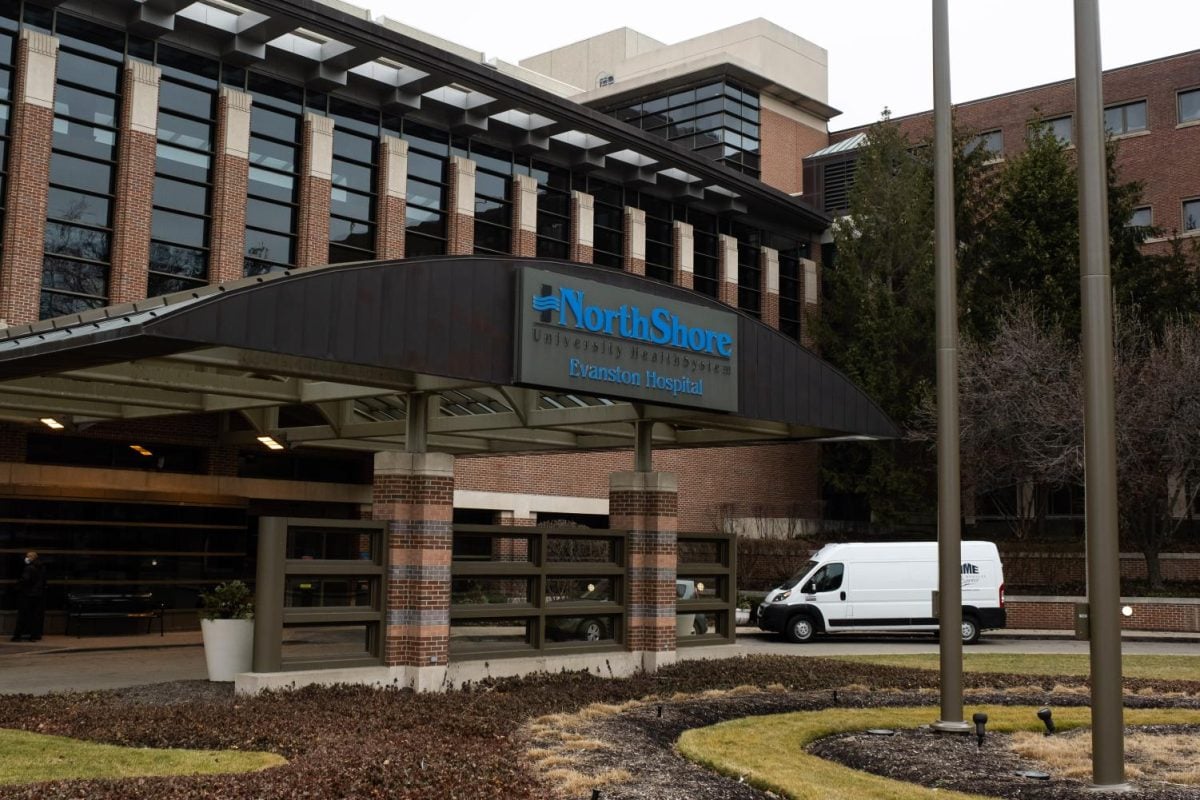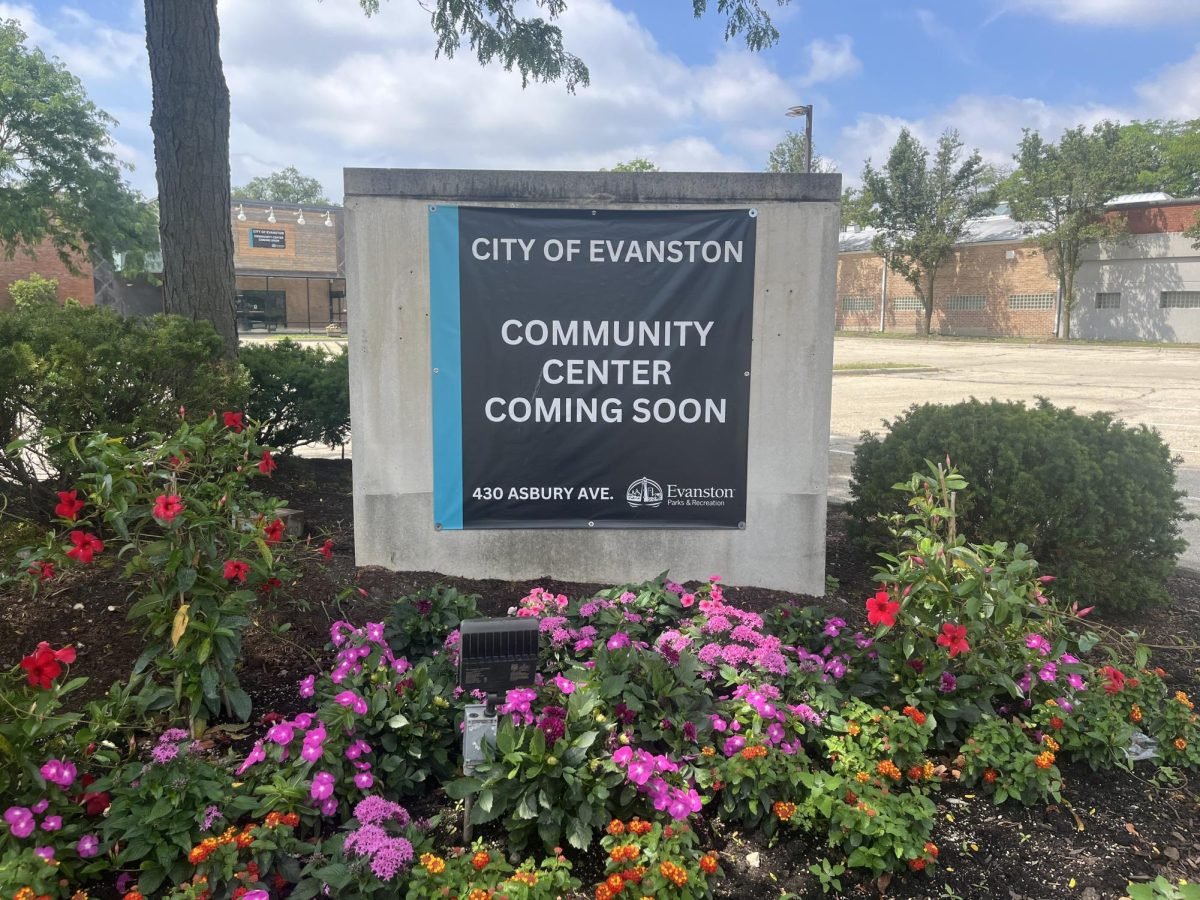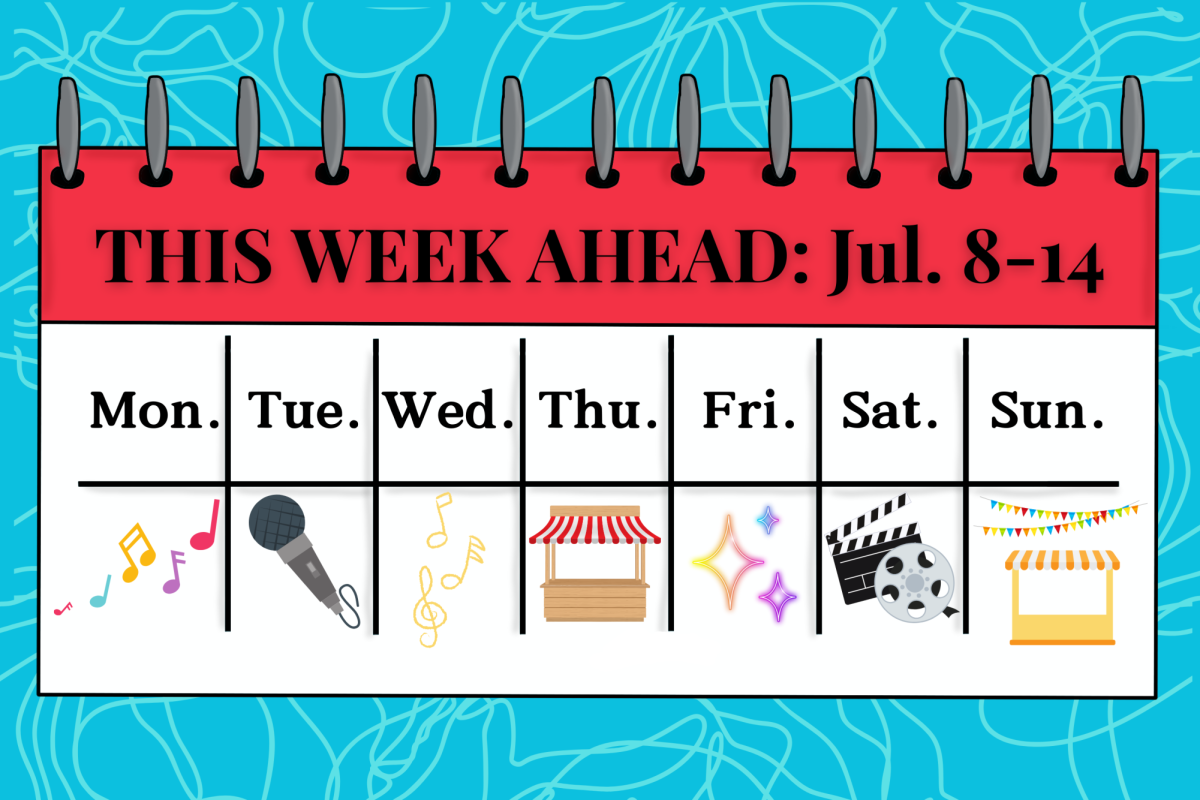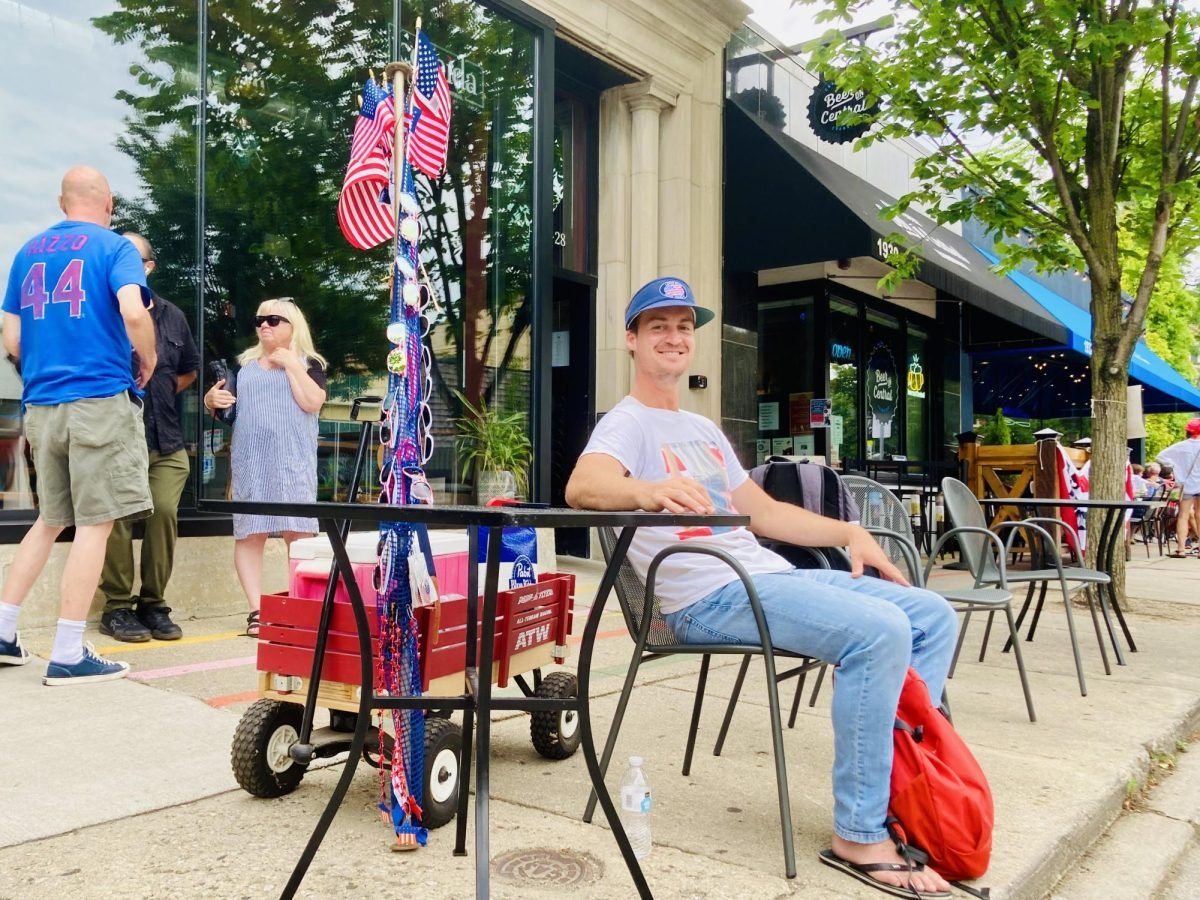In December 2022, after almost 10 years of operating the downtown restaurant Farmhouse Evanston, owners TJ Callahan and Ferdia Doherty decided to try something new.
The pair hoped to provide a more polished experience, spending “many, many, many hundreds of thousands” of dollars transforming the rustic location into the upscale Thomas & Dutch, Callahan said.
But less than six months after the restaurant’s April opening and after losing “tens of thousands” of dollars per month, Callahan and Doherty closed the new restaurant.
While a different establishment quickly took the spot, Thomas & Dutch isn’t the only one facing difficulties: Nine Evanston restaurants, bakeries or bars closed in 2023, according to the city’s Economic Development Committee. And while there were a reported 13 openings, three of those locations have either already closed or have yet to open.
“I think there’s a natural ebb and flow of businesses in any community,” said Andy Vick, executive director of Downtown Evanston. “The pandemic has been very difficult for businesses, not only in Evanston; When I go to conferences, downtown districts all over the country are experiencing many of the same things.”
However, several ordinances unique to Evanston also pose challenges to local restaurants.
Callahan cites Evanston’s unusually high 6% liquor tax as one of the reasons behind Thomas & Dutch’s failure — and a factor scaring away other new restaurants.
“The city of Evanston doesn’t seem to understand that there’s no such thing as a free lunch,” Callahan said. “If the city of Evanston wants to implement some of the most aggressive benefits in the country for restaurant employees, then they have to be good with the fact they’re going to have fewer restaurants, especially full-service restaurants.”
Heather Bublick, CEO of Chicagoland barbecue chain Soul & Smoke, said unexpected requirements from the city have hampered the opening of a new Evanston location.
“The city’s always been so good to us,” Bublick said. “But at times when you’re just trying to get your business open, and you have timelines and budgets and things like that, it’s hard to work in any constraints where you don’t have control.”
In mid-2023, City Council began discussing eliminating the tip credit, or subminimum wage for tipped employees.
This concerned restaurant owners. According to Patrick Fowler, who owns three local restaurants including Fireside Grill, some owners began meeting to discuss reactions to a variety of proposals around last August.
The Evanston Restaurant and Hospitality Group aims to communicate their concerns with their councilmembers and present “one unified voice” on service-related issues, according to Fowler, one of the group’s organizers. Today, the group includes some 350 members.
“For a number of years, we haven’t really banded together to advocate for ourselves,” Fowler said. “We had a much more reactive approach where we would just wait for something to be proposed and then figure out how to reply back … Now that we have a group approach, it’s much more effective.”
According to Vick, Alds. Krissie Harris (2nd) and Bobby Burns (5th) attended a meeting in September to hear from owners and servers about the effects of eliminating tip credit. While Chicago voted in October to remove the credit, Evanston opted to consider a general minimum wage increase instead.
In December, due in part to sustained petitions from the group, Evanston’s Liquor Control Review Board recommended a reduction of the tax to 2%, with a corresponding .25% increase in the home rule sales tax.
And, according to multiple sources, Ald. Jonathan Nieuwsma (4th) has begun emailing members of the Evanston Restaurant and Hospitality Group before council discussions, seeking their input.
“The restaurant community has stepped up, and the City Council has listened,” Vick said. “I think that’s part of the legislative process, to start that dialogue, and to make sure that stakeholders express their opinion and articulate their position so that this council can make informed, advised decisions.”
Sarah Weitz, co-owner of sandwich shop The Fat Shallot, said she plans to become more involved in the group. She’s already found Evanston restaurant owners to be unexpectedly welcoming since the restaurant’s October opening.
“By far, this has been the most supportive area that we’ve ever entered,” Weitz said. “It’s just all about community in Evanston. It just makes it so much more special.”
The group now hopes to be “proactive” when it comes to legislation, such as creating its own proposals to streamline downtown parking and other issues the group believes will help local businesses grow despite the current struggles, Fowler said.
“I wouldn’t say it’s a great business climate right now,” he added. “But I think we’re being heard, and I think we can get there.”
Clarification: This article has been updated to more accurately reflect Andy Vick’s quote on the Evanston Restaurant and Hospitality Group’s role in advising City Council’s decision-making.
Email: [email protected]
Twitter: @jackververis
Related Stories:
— Evanston businesses talk shopping local on small business saturday
— Some Evanston shops see ‘disconcerting’ sales slump ahead of holiday shopping season
—Rising office vacancies show warning signs for downtown Evanston











